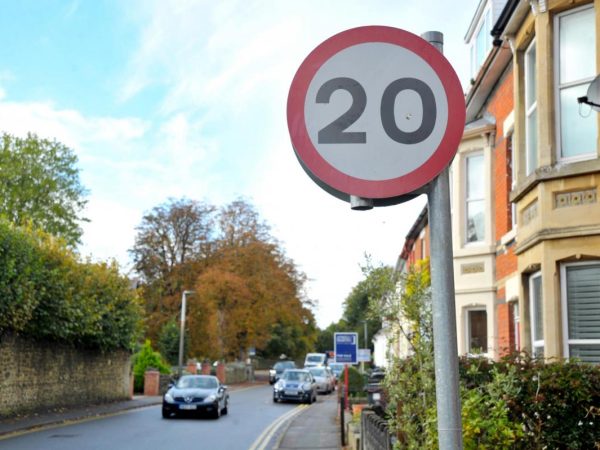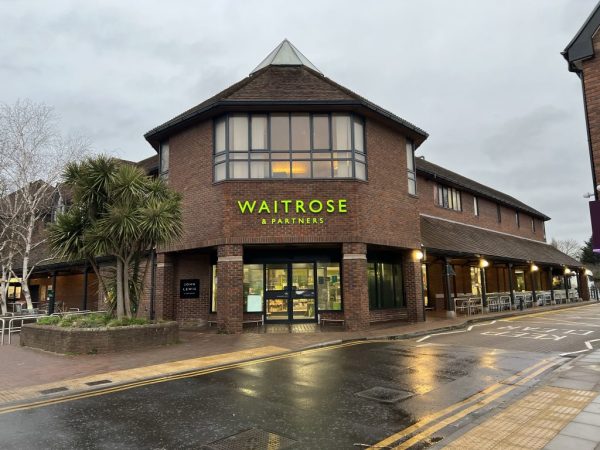In the heart of Omagh, effective refuse collection plays a pivotal role in maintaining the town’s cleanliness and environmental sustainability. Omagh refuse collection services are essential for ensuring that waste is properly managed, recycled, and disposed of in accordance with local regulations. However, optimising waste management processes requires more than just routine pickups. It demands innovative strategies and community engagement to streamline operations, minimise environmental impact, and promote responsible waste disposal practices alike.
Optimising Omagh Refuse Collection Routes for Efficiency
Streamlining Omagh refuse collection routes is paramount for Omagh’s waste management efficacy. By leveraging route optimization software and data analytics, local authorities can identify the most efficient paths for waste collection vehicles. This optimization not only reduces fuel consumption and emissions but also minimises travel time, allowing for more frequent collections and improved service reliability. With optimised routes, Omagh can ensure that every neighbourhood receives timely and effective refuse collection, contributing to a cleaner and healthier environment for all residents.
Maximising Resource Utilisation in Omagh Refuse Collection Operations
Omagh refuse collection system can benefit greatly from maximising resource utilisation. This involves optimising the allocation of equipment, personnel, and facilities to enhance operational efficiency. By implementing dynamic scheduling systems and deploying the right number of collection vehicles based on demand, Omagh can minimise idle time and labour costs while maximising the productivity of its refuse collection workforce. Furthermore, investing in modern equipment and maintenance programs ensures that resources are utilised effectively, reducing downtime and improving overall service quality.
Enhancing Recycling Initiatives within Omagh Refuse Collection Programs
Improving recycling rates is a key objective for Omagh’s waste management efforts. Enhancing recycling initiatives within refuse collection programs is essential to diverting recyclable materials from landfills. This can be achieved through public education campaigns, providing convenient recycling facilities, and expanding the range of materials accepted for recycling. By encouraging residents and businesses to separate recyclables from general waste, Omagh can significantly reduce its environmental footprint and promote a more sustainable approach to waste management.
Community Engagement Strategies for Omagh Refuse Collection Improvement
Community engagement plays a crucial role in the success of Omagh’s refuse collection initiatives. By fostering collaboration and participation among residents, businesses, and local organisations, Omagh can create a sense of ownership and responsibility for waste management. Community engagement strategies may include organising clean-up events, conducting educational workshops on waste reduction and recycling, and soliciting feedback from stakeholders on collection services. By involving the community in decision-making processes and promoting a culture of environmental stewardship, Omagh can achieve lasting improvements in refuse collection efficiency and sustainability.
Harnessing Technology for Waste Management Innovation
Embracing technological advancements is essential for modernising waste management practices. From IoT sensors to mobile applications, leveraging technology can enhance the efficiency, transparency, and accountability of waste collection operations. Implementing smart waste bins equipped with sensors can optimise omagh refuse collection routes and improve waste tracking, while mobile apps enable residents to access collection schedules, report issues, and receive real-time updates on service disruptions. By harnessing technology, municipalities can revolutionise waste management, leading to cost savings, environmental benefits, and improved service quality.
Promoting Sustainable Packaging and Consumer Behavior
Addressing the root causes of waste generation requires a multifaceted approach that includes promoting sustainable packaging and consumer behaviour. Encouraging manufacturers to adopt eco-friendly packaging designs and materials can reduce the amount of non-recyclable waste entering the waste stream. Similarly, educating consumers about the environmental impact of their purchasing choices and encouraging them to opt for products with minimal packaging or eco-friendly alternatives can help minimise waste generation. By promoting sustainable packaging and consumer behaviour, communities can reduce the burden on waste management systems and move closer to achieving zero waste goals.
Implementing Effective Waste Reduction Policies
Policy interventions are instrumental in driving meaningful change towards waste reduction and resource conservation. Municipalities can implement a range of policies to incentivize waste reduction behaviours and discourage wasteful practices. This may include implementing bans or restrictions on single-use plastics, mandating extended producer responsibility schemes, or offering tax incentives for businesses that adopt waste reduction measures. By enacting effective waste reduction policies, governments can create an enabling environment for sustainable waste management practices and encourage stakeholders to adopt more responsible behaviours.
Fostering Collaboration and Partnerships
Collaboration and partnerships between government agencies, businesses, non-profit organisations, and community groups are essential for tackling complex waste management challenges. By pooling resources, expertise, and networks, stakeholders can develop innovative solutions, share best practices, and leverage collective influence to drive systemic change. Collaborative initiatives may include public-private partnerships for waste collection and recycling, joint educational campaigns, and cross-sectoral working groups focused on specific waste management issues. By fostering collaboration and partnerships, communities can amplify their impact and achieve greater sustainability outcomes.
Addressing Equity and Social Justice in Waste Management
Equity and social justice considerations must be central to waste management planning and decision-making processes. Historically, marginalised communities have borne a disproportionate burden of environmental pollution and waste-related health risks. To address these disparities, municipalities must ensure that waste management services are accessible, affordable, and equitable for all residents, regardless of income level or omagh refuse collection, geographic location. This may involve prioritising investment in underserved areas, engaging with community stakeholders to understand their needs and concerns, and implementing policies that promote environmental justice and inclusivity.
Monitoring and Evaluating Performance for Continuous Improvement
Monitoring and evaluating performance are essential for assessing the effectiveness of waste management strategies and identifying areas for improvement. By collecting and analysing data on key performance indicators such as waste diversion rates, recycling participation rates, and service quality metrics, municipalities can track progress towards sustainability goals and identify opportunities for optimization. Regular performance evaluations enable stakeholders to make informed decisions, allocate resources efficiently, and adapt strategies in response to changing circumstances.
Conclusion
Effective management of waste is paramount for the well-being and sustainability of Omagh and its residents. The strategies outlined in this guide demonstrate the importance of innovative approaches to Omagh refuse collection, emphasising efficiency, sustainability, and community engagement. By optimising collection routes, maximising resource utilisation, enhancing recycling initiatives, and embracing technology and policy innovation, Omagh can achieve significant improvements in waste management practices. Of course!
FAQs
1. How can I find out my omagh refuse collection schedule?
Visit the Omagh local municipality’s website or contact their customer service hotline for your collection schedule.
2. What should I do if my bin hasn’t been collected on the scheduled day in Omagh?
Report the missed collection to the Omagh local municipality for prompt resolution.
3. Are there any types of waste I can dispose of in Omagh refuse collection?
Yes, certain types of waste like hazardous materials have specific disposal requirements. Check with Omagh’s waste management authority for details.
4. How can I contribute to recycling efforts in Omagh?
Sort recyclable materials properly and use designated recycling bins. Participate in recycling programs organised by the local municipality or community.
5. What measures are in place to ensure the proper disposal of waste in Omagh?
Omagh implements regular refuse collection, recycling programs, and waste disposal regulations to ensure proper waste management. Follow guidelines for responsible waste disposal to minimise environmental impact.
Also read: Kirkstone Pass Closure Unveiled: 10 Crucial Facts Every Savvy Traveler Should Know














